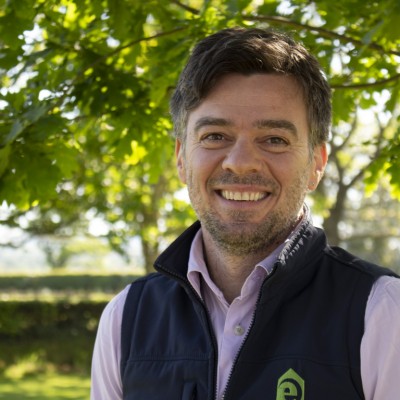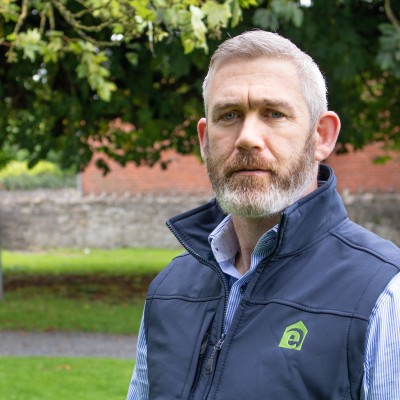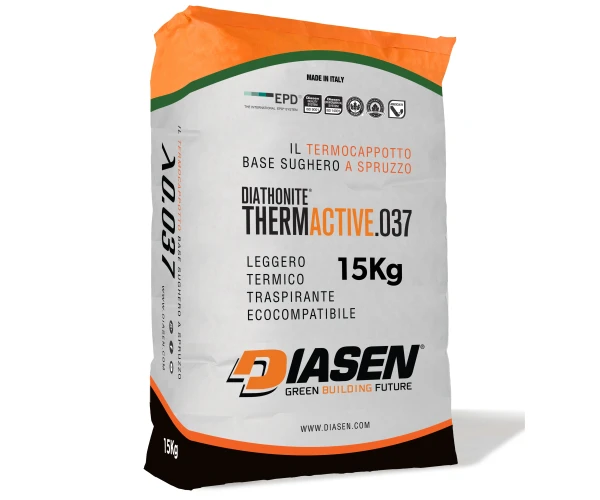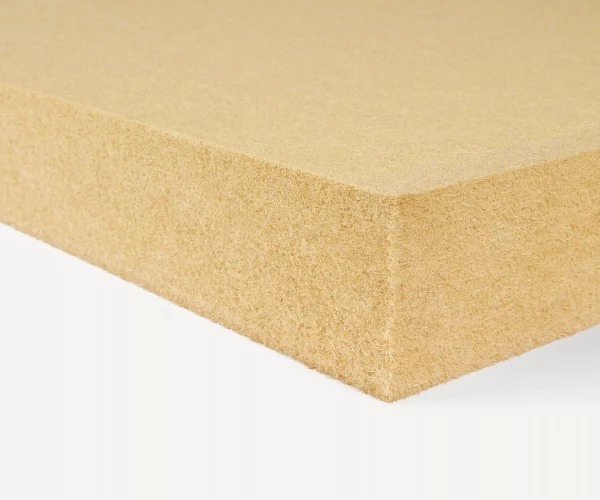Breathable Internal Wall Insulation Systems for Single Leaf Masonry Walls Virtual CPD
In this CPD we will discuss the impact of moisture on solid stone/brick walls, considering the causes of moisture ingress and how walls function before and after applying insulation. We will cover the necessity of moisture management in solid masonry walls and the importance of using diffusion open materials. We will use case studies to share best practice examples of various solid masonry wall insulation systems using breathable materials to ensure building structural safety and longevity.






22nd January
Date and time
22nd January 2025
1:00pm - 2:00pm
Location
Interactive Online Training
Price
FREEFuture Dates
Ideal for
- Architects
- Architectural Technologists
- Specifiers
- Building Surveyors
- Contractors
- Consultants (Energy, Passivhaus)
- Historic/Listed Building Consultants
- Damp Specialists
- Students
- Anyone interested in sustainable, energy efficient building
Key learning
- Reduce heat loss without condensation risk
- Eliminate thermal bridges at key junctions
- The impact of moisture on solid walls
- Primary drivers of moisture ingress
- Moisture control in solid masonry walls
- Importance of diffusion open materials
- Options for internal insulation of solid walls
- Using compatible paints and finishes
Description
Who it is for
This training is aimed at professionals from all disciplines of the building design and construction industry who are interested in the management of moisture in buildings with masonry walls and are looking for robust breathable internal wall insulation solutions.
This is an open CPD with participants joining from different organisations. We are offering virtual design reviews with individuals following the CPD to enable you to discuss the details of specific projects with our technical team.
If you have a number of colleagues wanting to attend and a more tailored approach would be preferable, we can provide a dedicated virtual CPD for your team, which can be requested by sending an email to us at info@ecologicalbuildingsystems.com
What you learn
Modern cavity wall buildings are usually insulated within the cavity. However, in the UK and Ireland many buildings have a solid wall construction where cavity insulation isn’t a solution for thermal upgrade. In the UK this figure is as high as 28% (approximately 7 million homes), while in Ireland more than one-sixth of dwellings are traditionally built with solid walls.
External wall insulation could be an option, however it is not always preferable or permissible, either because it inevitably changes the external appearance of the building or because of regulatory restrictions (e.g. listed buildings).
Internal wall insulation is more difficult and sometimes more expensive to apply, however, the thermal comfort, potential energy savings and moisture regulation make it worthwhile. It can incorporate risks and may create more problems than benefits if not well-thought-out and designed appropriately. In this CPD we will discuss all the parameters to be considered when specifying internal wall insulation, including:
- The importance of taking into account the local climate and the primary drivers of moisture ingress when considering thermal solutions for solid masonry walls
- The impact on internal air quality and the need for ventilation
- Thermal imaging comparison and consequences of uninsulated and insulated internal walls
- The importance of vapour permeable materials to ensure building structural safety, longevity and internal/external wall aesthetics.
- Different approaches to moisture control in solid masonry walls and minimising risk factors with the help of Hygrothermal Modelling (WUFi).
- How to avoid thermal bridges at critical junctions.
- A range of internal wall insulation systems suitable for single leaf masonry walls using diffusion open solutions including:
1.) Semi-rigid natural insulations between stud partition with internal Intelligent vapour control
2.) Directly rendered natural insulation systems
3.) Mineral based capillary active insulation systems
Examples of best practice solutions will be shared through a range of case studies.
What you will do?
You will receive industry leading training from a highly experienced technical professional with the opportunity to ask questions. We will show examples of different types of internal wall insulation including thermal plaster, calcium silicate board and wood fibre board and we can arrange to send samples following the training.
What happens on the day?
You will receive an email containing the link to join the virtual CPD which will be taking place via Zoom.
There will be a brief introduction, followed by the presentation, with the opportunity to ask questions throughout the presentation via the chat box. We'll answer as many questions as possible at various points during the session and afterwards via email if we run short of time.
As this is an open CPD with participants joining from different organisations, we are offering virtual design reviews with individuals, to enable you to discuss specific projects in more detail with our technical team. This can be requested by sending an email to us at info@ecologicalbuildingsystems.com
What you will gain from attending this CPD
- the impact of moisture on stolid stone and brick walls
- how project specifics impact on moisture management strategies
- the need to improved breathability of conventional approach
- solutions for breathable internal wall insulation
Points Gained
This CPD is a 1-hour stand-alone CPD providing 1 point towards maintaining your professional standard.
Sustainable architecture is a rapidly developing area and is included on the list of the 10 mandatory RIBA core curriculum CPD topics. There is a requirement for a minimum of 2 hours to be spent on each of the 10 core topics.
Continued Development
The content of this CPD is great background knowledge for sustainable, energy efficient retrofits, particularly with heritage buildings. Our other CPDs develop these concepts for different types of insulation and building methods.
We have a dedicated training areas in both the U.K and Ireland where we offer practical training on a regular basis, giving delegates the opportunity to experience installation first-hand. In Ireland, our Centre of Knowledge training facility can be found in Athboy, Co. Meath, while our UK training facility is based in Cumbria.
Agenda
- The impact of moisture on solid walls
- Primary drivers of moisture ingress
- Building physics and how the wall functions before and after applying insulation
- The necessity of moisture management
- The importance of using diffusion open materials to ensure structural safety and longevity
- Insulation options including what to avoid and why
- Best practice depending on the property and condition of the existing wall
- Avoiding thermal bridges at key junctions
- Internal insulation of solid wall case studies and discussion
- Summary
Speakers

Ilias Igoumenidis
Technical Support Engineer (MEng Civil Engineer, CEPHD)
Born and raised in Greece, Ilias graduated from the Polytechnic school of Civil Engineers of Patras University and for many years ran his own Design and Construction company prior to joining Ecological. Since 2013, he has been heavily involved with low energy consumption in building projects. He was the first person in the Hellenic Passive House Institute to gain the International Certification of a Certified Passive House Designer. Ilias played a significant part of the first Certified Passive House project (Enerphit) in the south eastern Mediterranean area “Passivistas”.

Cronan Kennedy
Technical Specification Advisor
Cronan has over 15 years’ experience in the construction sector across multiple technical roles. Having originally started out as a Tradesman, Cronan gained considerable experience on numerous large-scale projects before progressing to Specification Manager - a role that led him to working alongside Architects, Engineers, County Councils and local businesses for the past decade. Cronan was also heavily involved in providing on-site technical installation training to contractors and external sales representatives as a method of improving their product knowledge, efficiency and understanding of building materials.






